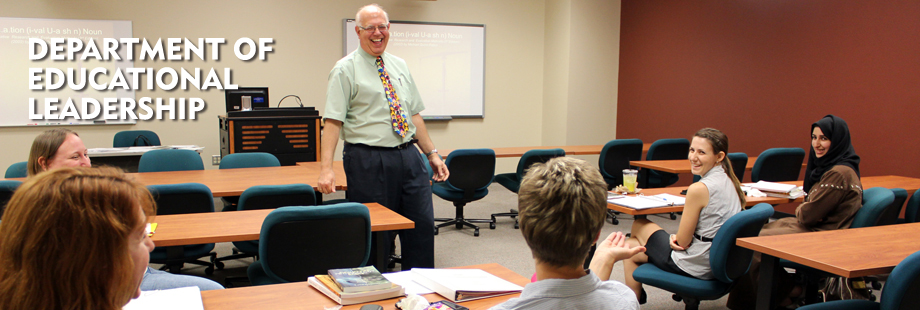Document Type
Article
Publication Date
9-23-2022
Publication Source
Dialogues in Social Justice
Abstract
When I first met my husband, he told me, “I have nothing material, I do not have money or many possessions.” When he meant he had nothing, he literally meant it, no savings, no house, no bank account, no retirement plans, and a job that hardly paid for one meal a day. His most precious possessions were a bicycle and the toolbox he used as a mechanic. He lived with his mom, sister and two nieces in a one-bedroom self-contained unit they rented. There was no bathroom, no toilet, no kitchen, no personal space, no decoration, and no furniture. It was one small room with a mattress on which his mom, sister and two nieces slept. My husband slept on the floor on what he called “a student mattress” which is a thin pad that he unfolded every night and refolded every morning. The bathroom was the communal bathroom, and the kitchen was located outside using a “kro pot” with charcoal to cook on the fire.
When I visited his house, I remember scanning the room, seeing overused suitcases that served as dressers and piled cardboard boxes that operated as storage for the family’s limited material possessions. There was one small window and no fan. As a result, the room was steaming hot. I recall feeling shocked and pretending that I was fine seeing how my husband and his family lived. Being fairly transparent, it took an enormous effort on my part to act as if I had seen such living conditions before. But inside, I was crushed. My heart ached; material poverty had suddenly become personal. My beloved did not have a bed to rest on. He did not have a closet for his possessions. He did not have a bathroom to relieve himself. There and then, I remember feeling as if I had swallowed a ball. I could not find my words. Was I intently smiling to cover my surprise, sadness, and absolute guilt?
Through this autoethnography and using Yosso’s Community Cultural Wealth (CCW) as a lens, I reframed the way I conceptualize and talk about poverty. I talk about a person living in material poverty when I refer to someone’s lack of possessions or assets, or when I look at a country’s economic data. I speak about people’s cultural wealth when I refer to their skills, talents, and knowledge. Because some are economically challenged, does not mean they do not have wealth in other areas. I learned this lesson when working and spending time in Ghana. I am reminded of this lesson everyday living with a man who grew up in material poverty and has more wealth than I could ever have. This transformation occurred via the alteration of my frame of reference through experiencing disorienting dilemmas (Mezirow, 2000) and practicing reflexivity (Anderson, 2006).
ISBN/ISSN
2578-2029
Document Version
Published Version
Copyright
Copyright © 2022, the Author
Publisher
University of North Carolina at Charlotte
Volume
7
Issue
1
eCommons Citation
Brion, Corinne, "Whose Poverty Is It? An Autoethnography" (2022). Educational Leadership Faculty Publications. 274.
https://ecommons.udayton.edu/eda_fac_pub/274
Included in
Educational Assessment, Evaluation, and Research Commons, Educational Leadership Commons, Higher Education Administration Commons




Comments
Article appeared in Volume 7, Number 1, "Being Black in the United States."
The document is provided for download in accordance with the publisher's open-access policy: The journal provides open access to its content on the principle that making research freely available to the public supports a greater global exchange of knowledge.
Permission documentation is on file.